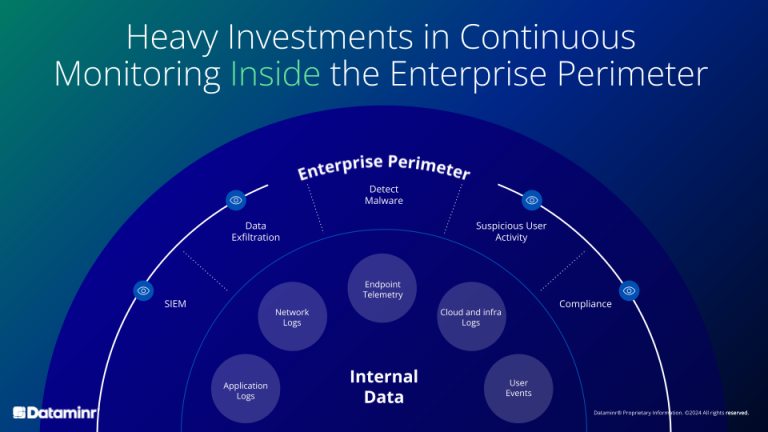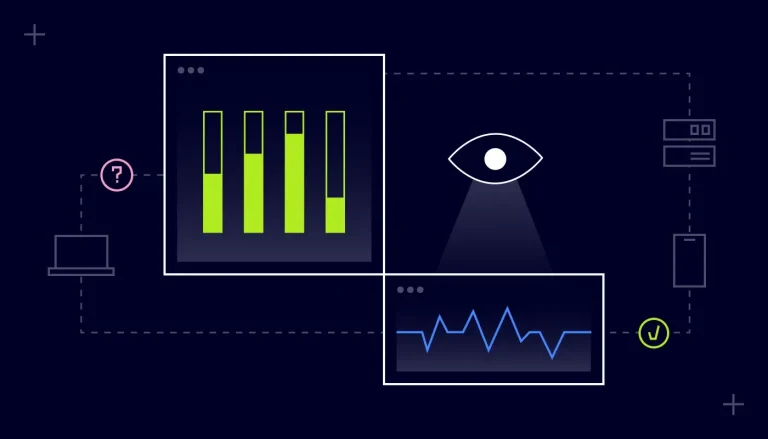
Automation testing has become a vital part of quality assurance in the quickly changing field of software development. Professionals working in the software testing field are realizing more and more how important it is to become officially certified in automated testing as technology continues to develop at an unparalleled rate. This in-depth article examines the five strong arguments for why Automation Testing Certification has emerged as a crucial turning point for professional success and career advancement.
1. Enhanced Professional Credibility And Market Competitiveness
Automation testing certification is a potent indication of a professional’s abilities and dedication to their work. A formal certification offers verifiable evidence of a tester’s proficiency and understanding in a field that is marked by rapid technology advancements and intricate testing techniques. It shows prospective clients and companies that the person has a thorough and organized approach to automated testing rather than simply a rudimentary grasp.
Professionals with established qualifications that attest to their technical proficiency are constantly sought for by employers. A certification serves as an impartial yardstick that distinguishes experienced testers from inexperienced ones. It indicates that the qualified expert has received extensive training, is knowledgeable about industry best practices, and has the technical know-how needed to use complex testing techniques. In competitive employment markets where standing out is essential, this credibility becomes even more important.
2. Comprehensive Skill Development And Technical Proficiency
Certification programs for automation testing are carefully crafted to encompass a broad range of academic knowledge and technical abilities. These in-depth courses delve deeply into sophisticated testing frameworks, scripting languages, and cutting-edge technologies, going much beyond a cursory grasp. Candidates are put through difficult situations that test their technical thinking and problem-solving skills.
The learning process covers a wide range of technical knowledge, such as comprehending test automation structures, creating reliable test plans, and becoming proficient with different automation tools and methods. Participants gain knowledge about developing scalable, maintainable, and effective test suites that can adjust to changing software environments in addition to test execution. By using a comprehensive approach, certified individuals are guaranteed to possess a broad range of skills that go beyond certain technical platforms.
3. Career Advancement And Higher Earning Potential
Gaining certification in automation testing is a major way to advance in your profession. Professionals that invest in formal qualifications are frequently positioned for more senior jobs, such as leadership positions in quality engineering, automation, and test architecture. Professional development follows a defined route thanks to certification programs’ planned learning paths.
The earning potential of qualified automation testers is continuously better than that of their non-certified colleagues, according to statistics. Professionals who can demonstrate their competence with standardized credentials are valued by organizations, and this acknowledgment frequently results in more attractive salary packages. Additionally, certification provides access to employment in a variety of sectors, including technology, finance, healthcare, and telecommunications, where advanced testing methods are essential.
4. Standardized Knowledge And Industry-Aligned Practices
Certifications in automation testing create a common body of knowledge that guarantees uniformity and excellence in a variety of organizational settings. The most recent trends, technology, and best practices are often incorporated into these programs, which are usually created in conjunction with industry experts. Professionals learn about internationally accepted testing standards and procedures by adhering to a planned program.
Beyond theoretical understanding, the standards include useful methods for test design, and execution, as well as reporting. Professionals with certification acquire universal concepts that are applicable in a variety of technical environments. In a time where software development technologies are always changing, this flexibility is essential, and professionals need to be flexible and sensitive to shifting technical environments.
5. Continuous Learning And Professional Development
Certification in automation testing is a commitment to lifelong learning along with professional growth rather than one-time accomplishment. The majority of certification programs mandate continuing education or periodic recertification to keep professionals abreast of emerging technologies. This method encourages a culture of continual learning in addition to constant growth.
Professionals are encouraged to maintain their curiosity, investigate cutting-edge technology, and cultivate a growth mindset via the certification learning process. Certified automation testers position themselves as useful assets in an increasingly complex technological ecosystem by consistently improving their knowledge and abilities. Professionals can adjust to new difficulties and stay relevant in a changing market because of the emphasis on continual learning.
Conclusion
Automation Testing Course in Pune is a calculated investment in technological superiority and career advancement. These credentials enable testing professionals to succeed in their jobs by offering a systematic path to skill growth, boosting professional credibility, and encouraging lifelong learning. The need for qualified automation testers has never been greater as software systems grow more intricate and crucial to corporate operations. Professionals may maintain their competitiveness, authenticate their knowledge, and make a significant contribution to the calibre and dependability of technical solutions by being certified.






